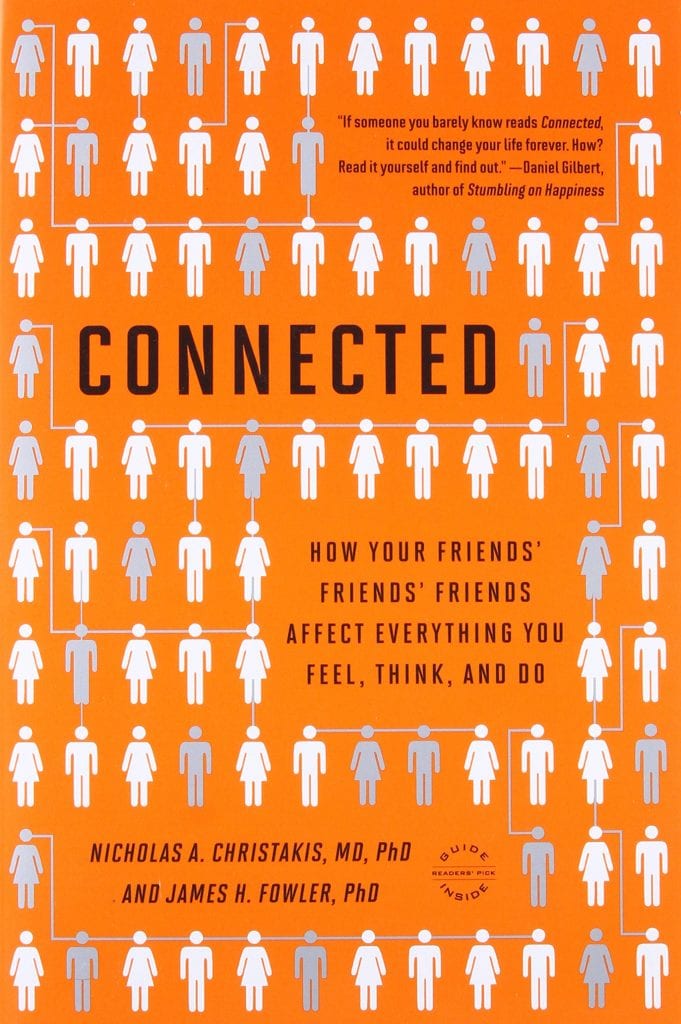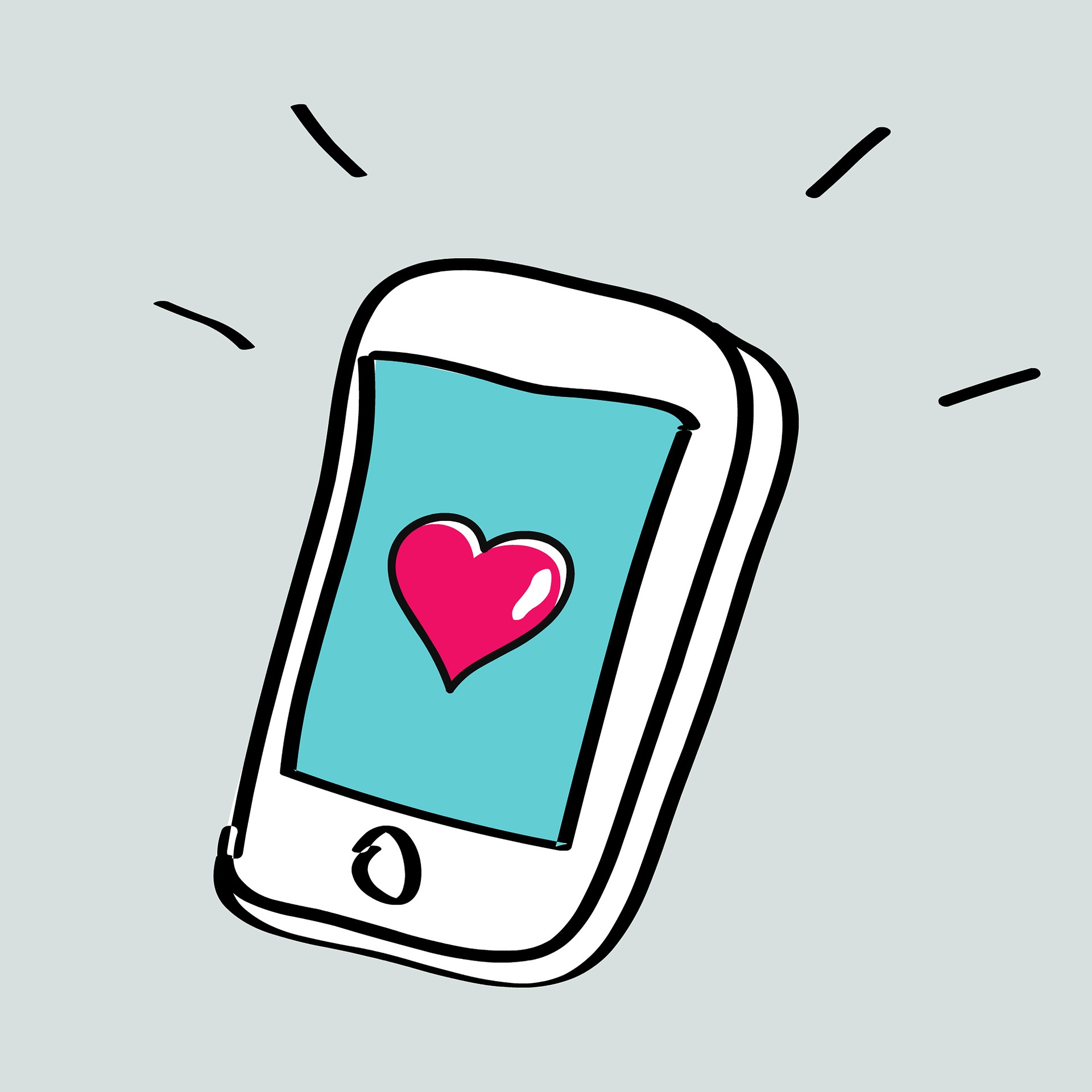Sometimes, social media can get a bad rap. From studies that link high levels of social media use and depression to other studies that find social media facilitates false news traveling faster than true stories, it can be easy to fixate on the negative.
Today is Valentine’s Day, and just like you shouldn’t devour an entire box of chocolates in one sitting, you also shouldn’t spend the holiday mulling over social media and comparing your love life to others. But that doesn’t mean you can’t enjoy peanut clusters and Instagram at all! Like almost everything in life, it’s all about finding the right balance. Too much of something is hardly ever good for you but it doesn’t mean you need to eradicate it from your life completely. So treat yourself to one, or two, or six whole chocolates and mull over your perfect #SingleLife or #HappilyTaken caption guilt free. In the meantime, I’m going to let you in on a little secret…
Social media can actually be quite lovely. And here are 5 reasons why:
1. Social media may actually decrease stress
According to Pew Research Center’s Internet Project, “beautiful photographs and jealousy-inducing social media updates don’t actually lead to more stress.” The study found no difference in stress levels in men who used or didn’t use social media, and there was a decrease in stress in women who used social media. “A woman who uses Twitter several times per day, sends or receives 25 emails per day, and shares two digital pictures through her mobile phone per day, scores 21% lower on our stress measure than a woman who does not use these technologies,” says Lee Rainie, director of Pew Internet research.
2. During the pandemic, social media has kept communities connected
It goes without saying that the pandemic has caused some major adjustments to our social lives. With so many people working from home, quarantining, and spending weekends in their living room, a lot of people experienced an understandable increase in loneliness. Fortunately, social media aids in helping people stay in touch with loved ones, discover new communities and friends, and even promote worthwhile causes such as mental health. In a time when we are asked to avoid contact with others, social media has kept us virtually connected.
3. Social media ignites creativity
Researchers at the University of Rochester found that the algorithm that recommends who we should “follow” on social media, in turn steers us to people with ideas and interests different from our own which can lead to an increase in creativity. According to this paper: “We confirmed that following highly creative peers indeed helped people generate novel ideas themselves—the intuition being, if you bump up against out-of-the-box ideas, chances are higher that you will be able to combine your own ideas with ideas you didn’t originally think of. Such creative recombinations can lead to further novel ideas.”
4. You can make new friends on social media
Friendship is a gift and social media just keeps on giving! I would bet that most people reading this blog could think of at least 1 or 2 people they befriended or at least grew closer with because of social media. This Pew Research Center study found 81% of teens ages 13-17 say that social media makes them feel more connected to the people in their life and 68% say connecting with online friends makes them feel supported during tough times. An additional study found that 57% of teens say they’ve made new lasting friendships online. Now that’s something worth celebrating.
5. Social media helps you pick up better habits by association

At the end of the day, you have control over how social media impacts your mental health. It’s normal to feel the need to take a break from social or limit your hours of screen time. Only you can be the judge of when social media fills you up or drains you. Just know that when you do choose to engage on social media, it can be a beautiful and uplifting space. In order to contribute to a lovely social media experience, we all need to do our part by choosing to communicate and share ideas with good intentions and love in our hearts. What’s one thing you LOVE about social media?

Hailing from Las Vegas, Nevada, Celeste began working with NISM as a summer intern in 2019. Since then she has found a real home in the community, earned her SMS certification, and currently works as the Social Media Coordinator for NISM and the Social Media Manager for OMCP. Celeste graduated from Saint Mary’s University of Minnesota with a B.A. in Acting & Communication for the Arts. Her passions have always included effective communication both on and off the stage and she is grateful that working remotely allows her the opportunity to pursue her acting career simultaneously. She currently lives in Los Angeles, CA with her wonderful husband and their three pets.
Feel free to connect with Celeste on LinkedIn.
Check out one of her other NISM blog posts: Battling Imposter Syndrome as a Social Media Professional


0 Comments